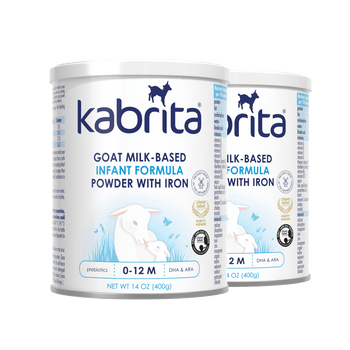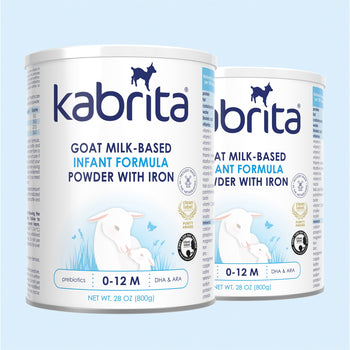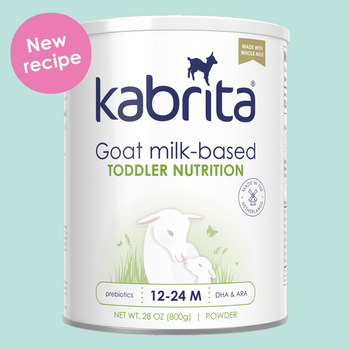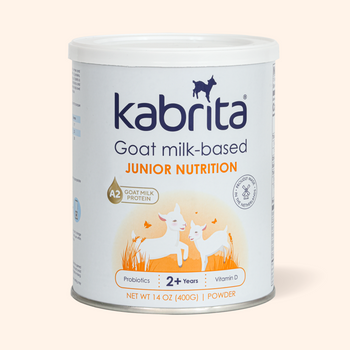Baby’s First Foods: Where to Begin?

Solid food introduction can be a fun, but also confusing time for many new parents. It feels like everyone, from health professionals, to grandparents and friends, has an opinion about where to begin, so figuring out what is right for your family can be difficult. Read on to learn more about our top three tips for navigating solid food introduction with your baby.
Choose Whole Foods
For many decades, white rice cereal was the predominant first food recommended by the medical community, with little scientific evidence. Unfortunately, this practice may be linked to the development of obesity and type-2 Diabetes. Prominent pediatrician Dr. Alan Greene, as well as others, now recommend starting with real, whole foods, and ditching processed foods, like white rice cereal. Examples of whole foods for food introduction include steamed and mashed vegetables and fruit, yogurt, and meats (appropriately chopped or blended).
Choosing whole foods has the added benefit of being low in sugar. Added sugars are linked with an increase in childhood obesity. Whole foods, such as fruits and vegetables, are also a natural source of fiber. Fiber may help to balance blood sugar levels, benefit the gut microbiome (beneficial bacteria in the gut), and help with digestion and regular bowel movements.
Select Easy-to-Digest Foods
A baby’s digestive system is immature at the time of birth and continues to develop throughout early childhood. A healthy gut microbiome has been linked to a robust immune system, a decreased risk of allergies, and a healthy mood.
Since a baby’s gut is selectively permeable (meaning nutrients are absorbed, while toxins, pathogens, and larger food particles are not), selecting easy-to-digest foods is important during food introduction.
Easy-to-digest foods for babies include avocado, sweet potato, apple, carrot, banana, and goat’s milk. Goat’s milk is naturally easy to digest since it forms a softer, smaller, and looser curd in the gut compared to cow’s milk protein. While whole goat’s milk is not nutritionally suitable for babies under 12 months, goat’s milk-based foods are ideal for little ones 6 months and older.

Provide Nutrient Dense Foods
Throughout solid food introduction and young childhood, it is important to provide foods that are nutrient dense. Nutrient dense foods will deliver the critical vitamins, minerals, fat, and protein little ones need for rapid growth and development.
Iron is an example of an important mineral and iron deficiency is one of the most common nutrient deficiencies seen in young children. Include iron-rich foods during food introduction such as legumes like white beans, green leafy vegetables, and meats. Other important nutrients for toddlers include protein, folic acid, calcium and omega 3 fatty acids.
Kabrita Goat Milk Toddler Formula* contains easy to digest goat’s milk protein and is fortified with 22 vitamins and minerals, including iron, folic acid, calcium and omega 3 fatty acids. Kabrita Goat Milk Toddler Formula is an ideal complement to a whole foods diet in toddlers and may be especially great for picky eaters.
Kabrita Goat Milk Toddler Formula may be an option for little ones during feeding transitions, such as weaning, supplementing or those with minor issues associated with cow milk sensitivity* .
We encourage parents to consult their little one’s healthcare provider before making a feeding change.
*Not suitable for children with confirmed cow milk protein allergy



